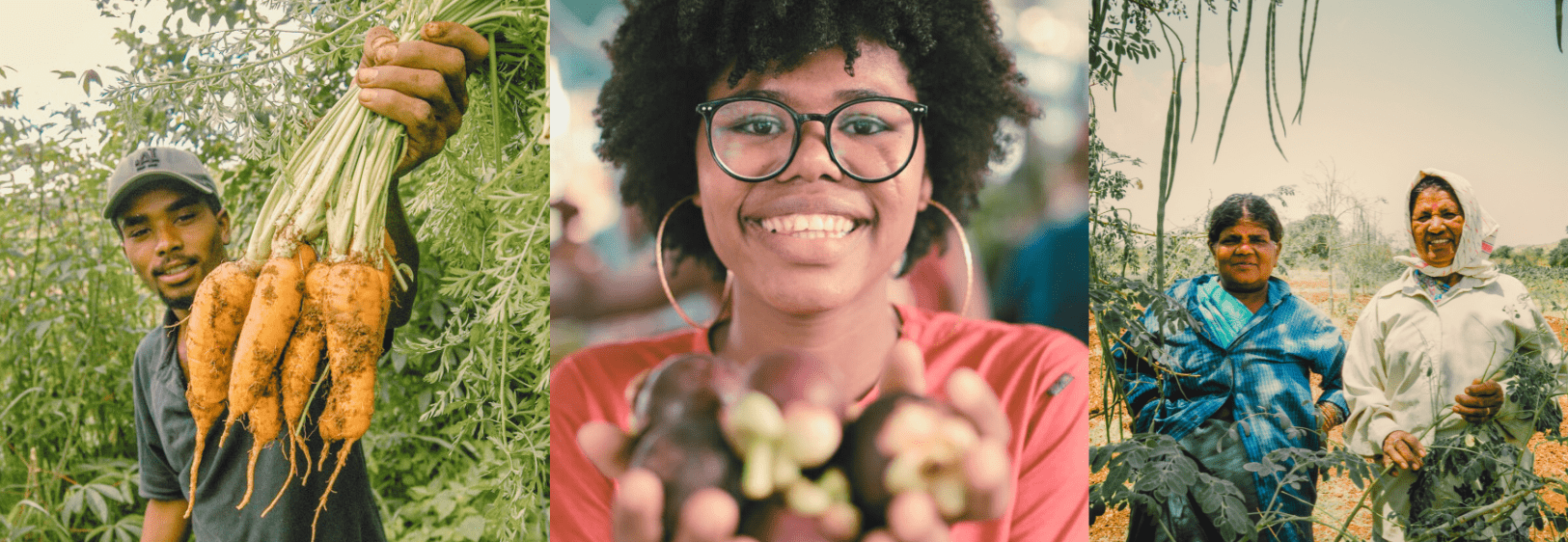On the 11th of October, the UN Human Rights Council (UNHRC) adopted a resolution to establish a Working Group on the rights of peasants and other people working in rural areas. This resolution (A/HRC/54/L.11), tabled by the Plurinational State of Bolivia and supported by other members, including Cuba, Costa Rica, South Africa, Gambia, Paraguay, Indonesia, Kyrgyzstan, Germany, and Luxembourg, was adopted at the 54th session of the Council in Geneva, with an overwhelming majority, with 38 out of the 47 members supporting it.
The group, which will be established for a period of three years, will consist of five independent experts, with balanced geographical representation, to be appointed by the Human Rights Council at its fifty-fifth session.
This marks a great leap forward in meaningfully translating the United Nations Declaration on the Rights of Peasants and Other People Working in Rural Areas (UNDROP) into pragmatic public policies at the national and local levels.
As the resolution rightly notes, ‘the UNDROP is an important recognition of the past, present, and future contributions of peasants and other people working in rural areas in all regions of the world to development and to conserving and improving biodiversity, which constitutes the basis of food and agricultural production throughout the world, and their contribution to ensuring the right to adequate food and food security, which is fundamental to attaining the internationally agreed development goals, including those in the 2030 Agenda for Sustainable Development’.
The 28 specific articles within UNDROP offer a much-needed framework for governments worldwide to craft national and state-level policies that genuinely support and strengthen local food production and empower local food producers. UNDROP lays down the pathway to fight against hunger, protect and nourish biodiversity, and preserve cultural heritage. It forms the basis for advocating food sovereignty, agroecology, climate justice, agrarian reform, and human rights.
Hunger, like poverty, is still predominantly a rural problem. It is also ironic that in the rural population, it is those who produce food who suffer disproportionately. Eighty percent of people suffering from hunger live in rural areas, particularly in developing countries, and 50 percent are small-scale and traditional farm-holders, as well as subsistence peasants and other people working in rural areas, and they are especially vulnerable to food insecurity, malnutrition, discrimination, and exploitation.
It is this difficult reality that prompted the majority of countries in the Global South to overwhelmingly support the adoption of the Declaration in 2018 at the UN General Assembly in New York, with 121 nations voting in favour. Notably, 54 countries abstained from voting. In essence, 90% of the world’s nations either supported or did not oppose the need for a global framework that addresses the concerns and aspirations of billions of small-scale food producers.
However, like many UN Declarations, even after five years, UNDROP has yet to meaningfully influence national food and agriculture policies because it is not legally binding on the member states of the United Nations to implement it. This is why the resolution for a UN Working Group is all the more important in facilitating mechanisms that encourage member states to frame national policies based on the framework this Declaration provides.
The Working Group, over the next three years of its tenure, is expected to identify challenges and gaps in its implementation at the national, regional, and international levels and to make recommendations.
It is also tasked with identifying, exchanging, and promoting good practices and lessons learned in the implementation of UNDROP thus far. It should also seek and receive inputs from the rights holders (that is, the peasants – as defined in Article 1 of the Declaration), giving peasant organizations and unions a direct channel to table their concrete proposals on how they imagine food and agricultural policies should be.
It is also expected to monitor human rights situations in rural areas, conduct country visits, facilitate discussions and idea exchange between states and civil society organizations, especially those representing rights holders.
Its mandates would also include supporting capacity-building for rural organizations, reporting on states’ progress in fulfilling their obligations, and providing advice on domestic legislation and policies related to peasants’ rights.
La Via Campesina firmly believes that the establishment of such a Working Group is vital for effectively implementing UNDROP and safeguarding the rights of peasants and rural workers worldwide. It signifies a step toward transforming profit-driven systems into people-centric approaches that work in harmony with nature.
As the world marks the 75th year of the Universal Declaration of Human Rights, it is vital that member states, especially those who voted in favour of the Declaration in 2018, support this critical initiative, recognizing the pivotal role of rural communities in our shared future. It is in the best interest of the people.

